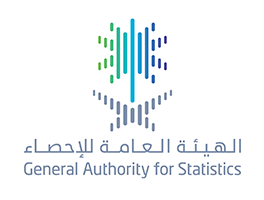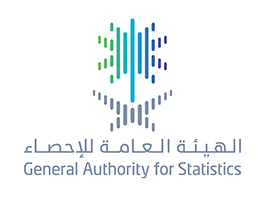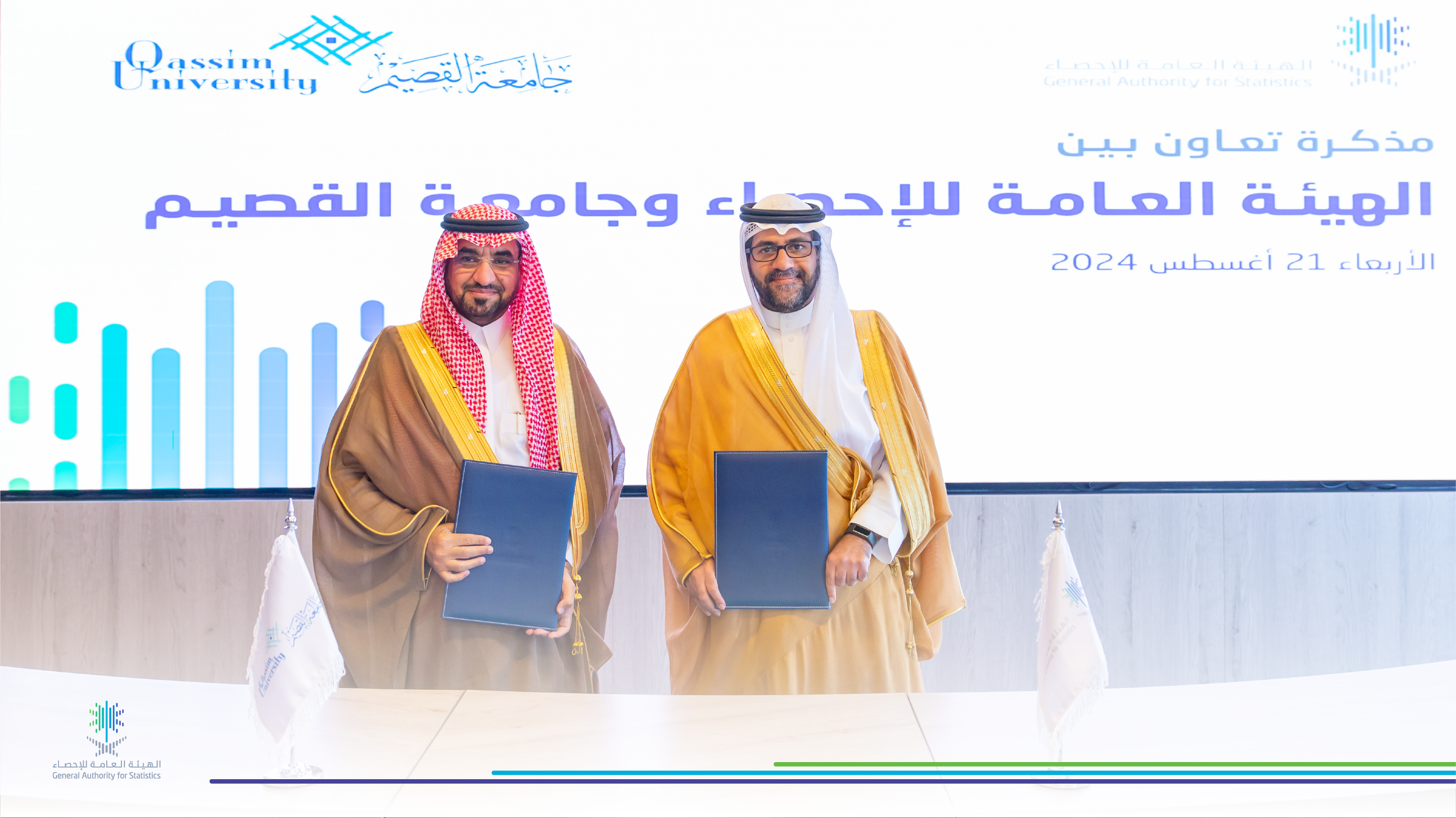Official government website of the Government of the Kingdom of Saudi Arabia
Links to official Saudi websites end withgov.sa
All links to official websites of government agencies in the Kingdom ofSaudi Arabia end with .gov.sa
Government websites use theHTTPSprotocol for encryption and security.
Secure websites in the Kingdom of Saudi Arabia use the HTTPS protocolfor encryption.

“General Authority for Statistics” Industrial Production Index rises by 1.6% in July 2024
10-09-2024
Saudi Arabia wins the bid to host the 6th United Nations World Data Forum in 2026
08-09-2024
GASTAT delegation meets with several officials in the Republic of Estonia
30-08-2024

GASTAT: Non-oil exports increase by 10.5% in Q2, 2024
22-08-2024

GASTAT signs a memorandum of cooperation with Qassim University
22-08-2024

GASTST launches Saudi Statistician Program to attract national talents
05-08-2024
GASTAT: Real estate prices increase by 1.7% in Q2 2024
01-08-2024
Non-oil activities grow by 4.4% during Q2 of 2024
31-07-2024

“General Authority for Statistics” Industrial Production Index rises by 1.6% in July 2024
10-09-2024
Saudi Arabia wins the bid to host the 6th United Nations World Data Forum in 2026
08-09-2024
GASTAT delegation meets with several officials in the Republic of Estonia
30-08-2024

GASTAT: Non-oil exports increase by 10.5% in Q2, 2024
22-08-2024

GASTAT signs a memorandum of cooperation with Qassim University
22-08-2024

GASTST launches Saudi Statistician Program to attract national talents
05-08-2024
GASTAT: Real estate prices increase by 1.7% in Q2 2024
01-08-2024
Non-oil activities grow by 4.4% during Q2 of 2024
31-07-2024